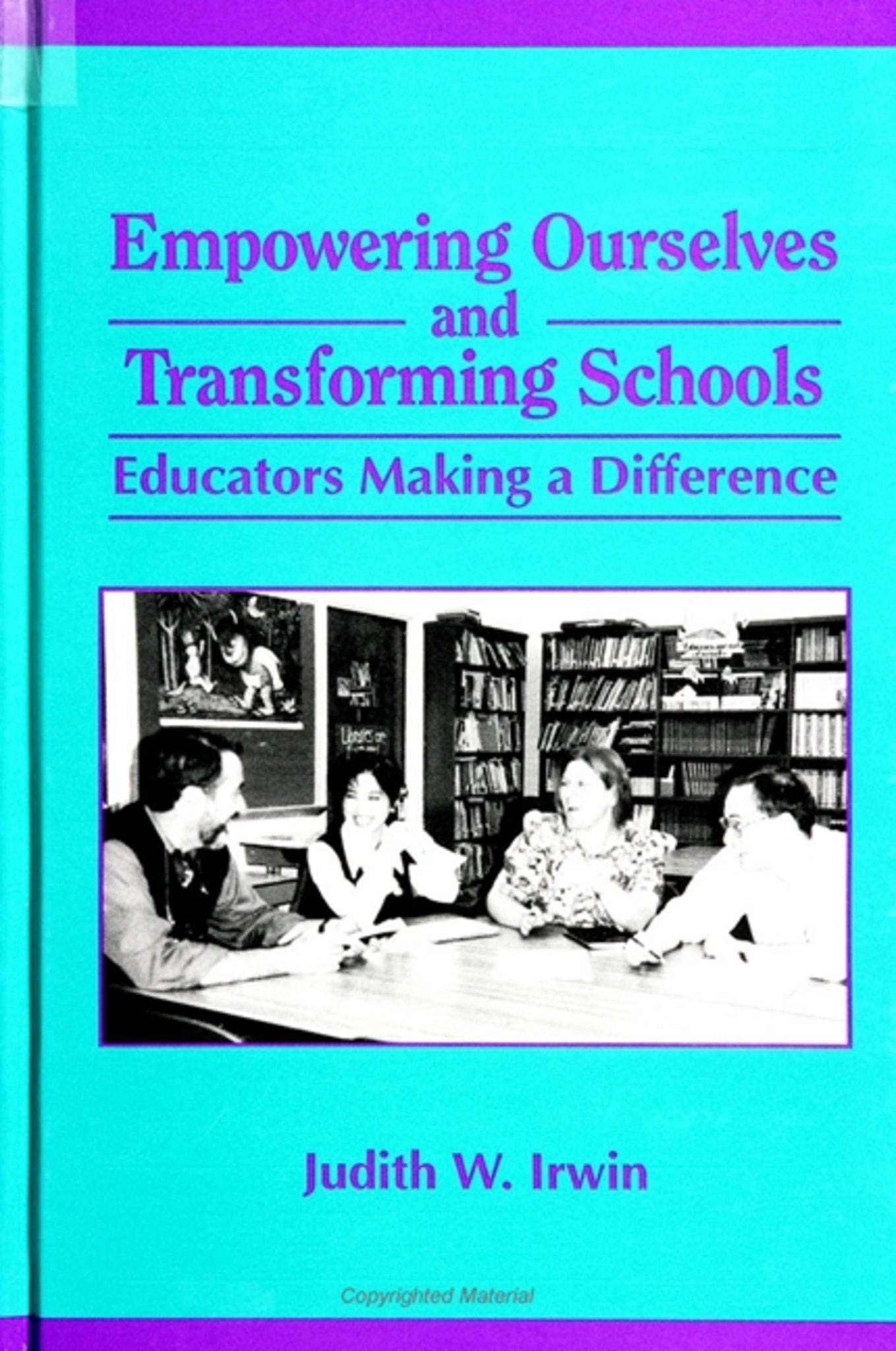We're sorry. An error has occurred
Please cancel or retry.
Empowering Ourselves and Transforming Schools

Some error occured while loading the Quick View. Please close the Quick View and try reloading the page.
Couldn't load pickup availability
- Format:
-
26 September 1996

Examines the forces that keep educators and students from feeling fully empowered. Contains self-help and planning activities for teachers and administrators interested in transforming schools.
In this readable and ground-breaking text, Irwin examines the forces that keep educators and students from feeling fully empowered. She defines empowerment as gaining the power to self-actualize and to facilitate this for others. Grounding her arguments in feminist and critical examinations of domination, Irwin begins by defining empowerment as fundamentally opposed to domination. She then examines the implications of this definition for our educational system.
This book encourages the reader to consider new directions for educational reform and synthesizes current innovations under the umbrella philosophy of empowerment, suggesting how the change from the patriarchal paradigm to one based on cooperation and connection might revolutionize the organization of schools and their classrooms. The reader is challenged to develop his or her own philosophy and agenda for change through a series of reflective activities.
A comparative case study of five "empowered" teachers is included to demonstrate that empowerment is an individual as well as a collective process.


"This book is a practical guide to empowering oneself and others. It will help readers to make significant changes in their educational settings. In an age of shared decision-making and site-based management, there is confusion about power and leadership. Educators are expected to be empowered but often find it difficult to shift into these roles." — Nancy Mangano Rowe, State University of New York at New Paltz
"After an excellent analysis of the factors that cause teachers to feel isolated and powerless, and a clear outline of the predictable effects of this powerlessness on their students, the author presents effective strategies for change. The book is well written and carefully researched. It contains logical and inspiring suggestions for problem-solving, action agendas, and personal and professional growth." — Harriet Alger, Director of the Miller Research Learning Center, Edinboro University of Pennsylvania
List of Activities
List of Tables
Acknowledgments
Introduction
Part One: Understanding the System of Domination
1. Understanding Empowerment
2. How Educators Experience Domination
3. How Students Experience Domination
Part Two: Envisioning a System of Empowerment
4. An Empowering Education
5. Knowledge as Power
6. Literacy as Power
Part Three: Empowering Ourselves
7. Self-Empowerment
8. Creating Empowering Communities
9. Teachers Speak for Themselves
10. Empowerment and Education: Past, Present and Future
Appendix A: Interview Questions and Sample Interview Protocol
Appendix B: Pebbles Along the Path: On the Process of Becoming a Teacher-Researcher, Cheryl S. Timion
Bibliography
Index



